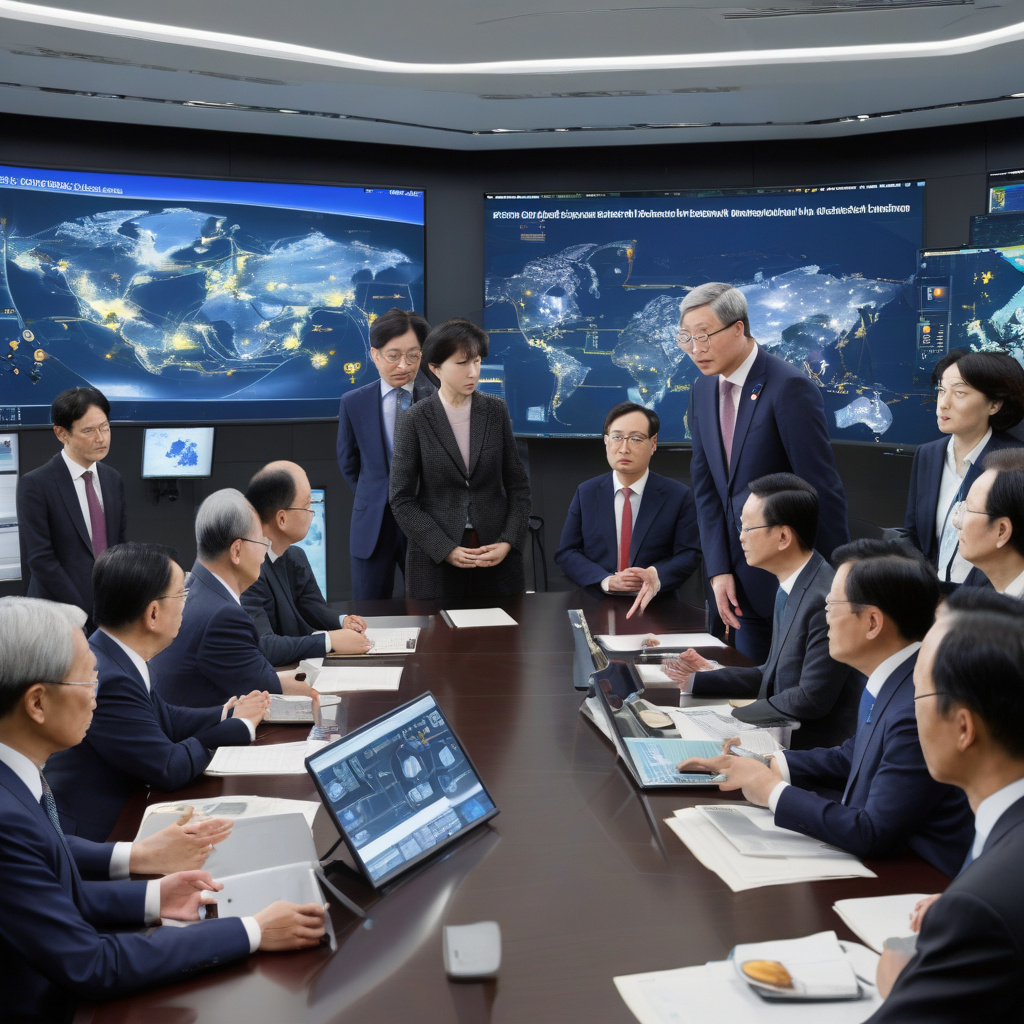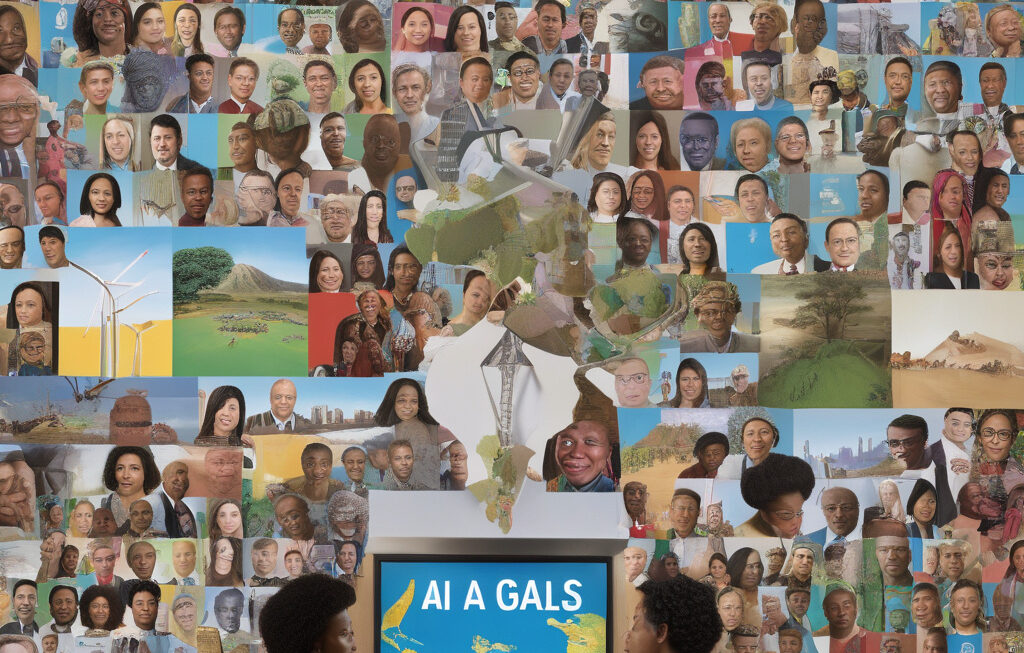EU and South Korea Unite on AI and Energy
AI’s rapid rise is reshaping how nations think about energy, opening the door to new partnerships that could redefine the path toward a cleaner and smarter future. As the world transitions to more sustainable energy sources and strives for greater efficiency in consumption, the European Union and South Korea have joined forces to harness the power of artificial intelligence in revolutionizing the energy sector.
The European Union, known for its ambitious climate goals and strong emphasis on innovation, has long been at the forefront of clean energy initiatives. South Korea, on the other hand, is a global leader in technology and has made significant advancements in AI development. By combining their strengths, the EU and South Korea aim to leverage AI to optimize energy production, distribution, and consumption.
One area where AI can make a significant impact is in the integration of renewable energy sources into the power grid. Solar and wind energy, while clean and abundant, are intermittent by nature, which poses challenges for grid stability. AI-powered algorithms can forecast renewable energy generation more accurately, allowing grid operators to better balance supply and demand in real-time.
Moreover, AI can enhance the overall efficiency of energy systems by optimizing power generation, storage, and distribution. Smart grids equipped with AI technology can detect and respond to fluctuations in demand, reduce energy wastage, and even predict equipment failures before they occur, thus improving reliability and reducing maintenance costs.
In addition to optimizing existing energy infrastructure, AI can also drive innovation in the development of new technologies. For example, AI algorithms can help in the design of more efficient solar panels, the development of advanced energy storage solutions, and the creation of energy-efficient buildings and smart cities.
The collaboration between the EU and South Korea on AI and energy is not only beneficial for both parties but also sets a positive example for global cooperation in addressing pressing energy and environmental challenges. By sharing knowledge, resources, and best practices, both regions can accelerate the transition to a more sustainable and resilient energy system.
Furthermore, the partnership between the EU and South Korea underscores the importance of international collaboration in harnessing the potential of AI for the greater good. As AI technologies continue to advance at a rapid pace, it is crucial for nations to work together to ensure that AI is deployed ethically, transparently, and in a way that benefits society as a whole.
In conclusion, the collaboration between the European Union and South Korea on AI and energy represents a significant step towards a cleaner, smarter, and more sustainable future. By embracing AI technologies and leveraging them to transform the energy sector, both regions are not only driving innovation but also paving the way for a greener and more efficient world for generations to come.
energy, AI, European Union, South Korea, sustainability












